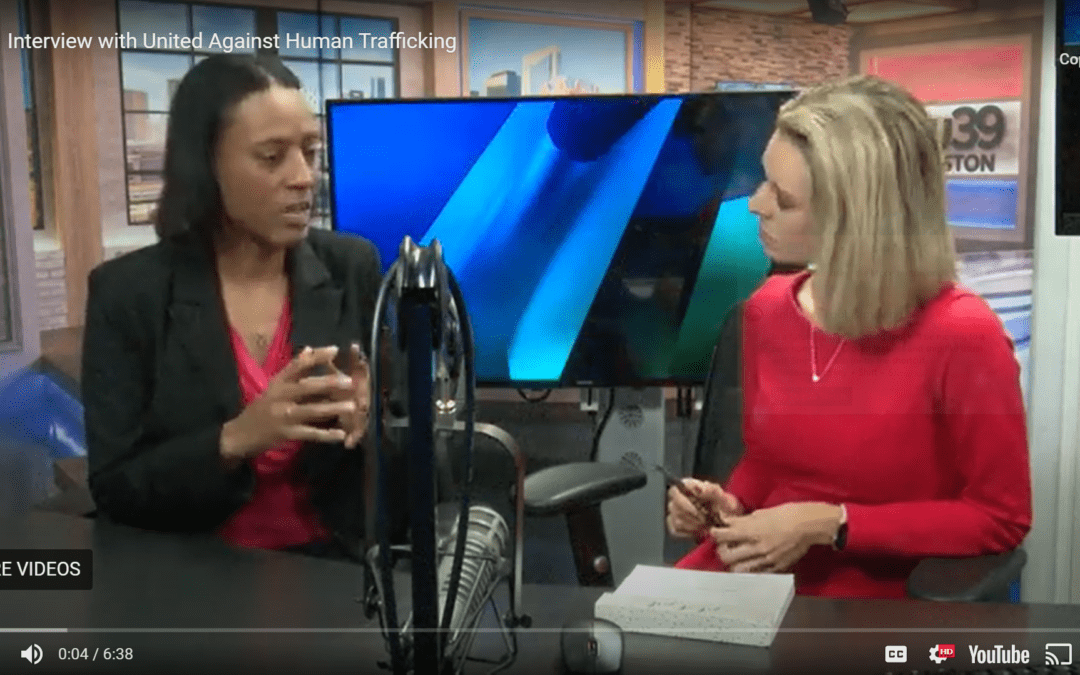

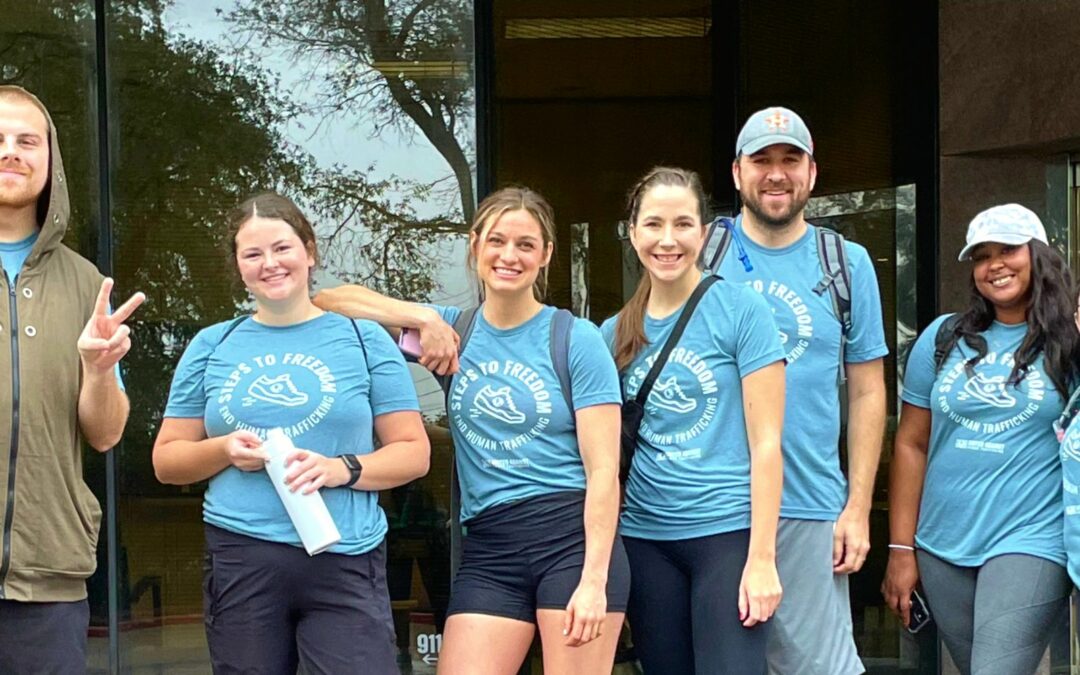
How Walking 13 Miles Helped Me Understand Human Trafficking Better
In August of 2022, I made the big move from a small community in Central Minnesota to the big city of Houston. While living here for the past 4 months I have been struck by the balance of beauty and hardship that this metro area has to offer.
I never realized how the vastness and urban sprawl could be met with such a lack of public transportation.
This Giving Tuesday, my team and I set out to walk the distance between United Against Human Trafficking’s two offices to demonstrate the hardship of lacking reliable form of transportation in the fourth –largest city in the United States. The journey between these two offices is about 13 miles.
The days leading up to the walk were faced with excitement and a little anxiety about the feat we were set out to accomplish. That morning started out humid and sticky with a decent chance of rain. As we gathered in the conference room, I realized that we had all prepared differently for the walk at hand, some of us brought trekking poles, while others packed enough snacks to feed a small army, but we were all unified by one common goal to walk these miles in solidarity with the clients we have the privilege of serving on a day-to-day basis. We were there to honor their experience by making a statement on how inaccessible the city can be for those who lack privilege.
As we walked, I noticed much more about Houston than I had ever had a chance to encounter while driving my vehicle.
We engaged with not only the sights that Houston had to offer, but the smells too. During our walk, I was most struck by the changes in scenery we experienced. We walked past refugee housing in Sharpstown, one of the most diverse neighborhoods of Houston – and then into West University where we were met with one of the wealthiest areas in the city. We even had the pleasure of walking through two different Bayou Trails, where we were struck by waterway and greenspace that can be rare to find in a city of our size.
We engaged with so many people along the way that made me remember why we are doing this work. From the inquisitive barista at Betsy’s, to the kind words of encouragement from the unhoused folks cleaning windshields on the feeder road to the man driving his truck along the bayou, who claimed to have ridden his bike across one of the support beams holding up the bayou walls in 1977.
Each person reminded me again of the vast variety of experiences that those in our beloved city are walking (no pun intended) through.
Physically, this walk was HARD!
From the unforgiving pavement to the occasional raindrops that splattered our shirts as we trekked. I felt every step by the time we were done. (For any of those hardcore half marathon or marathon runners out there, I have gained so much respect for the drive and tenacity it takes to commit to not walking those miles but RUNNING them!)
This walk took commitment. Commitment to our team when we were starting to feel tired, commitment to the city as we were committed to recognizing the beauty and the hard within the spaces we were walking through. We also had to commit to joy, even when that meant dancing and singing down the street to keep our spirits lifted.
And now, as I write this a day later, I also recognize this: It was only one day.
One day of inconvenience and struggle that I chose to take part in. I remind myself that to take real ownership of this experience, I must also acknowledge this was an act of solidarity, not the face of my reality. For others, that is not the case. The depth of their experience cannot be felt in 13 miles; it is something that must be engaged with on a regular basis – and even then, the empathy that I have gained from experience will truly never give me their entire story.
One day of walking in struggle and inconvenience is not enough to change the systems in which these injustices are allowed and even encouraged to exist. Solidarity does not come from one thirteen-mile journey. It does not come from one day of giving on the Tuesday after Thanksgiving.
Solidarity with those around us requires a daily inventory of our commitment to justice and equity. It is our duty as citizens to engage with not only the beauty that the world has to offer, but the hard parts too.
The best way to stand united with the challenges presented to us is to act.
Not just during this holiday season, but every day thereafter.
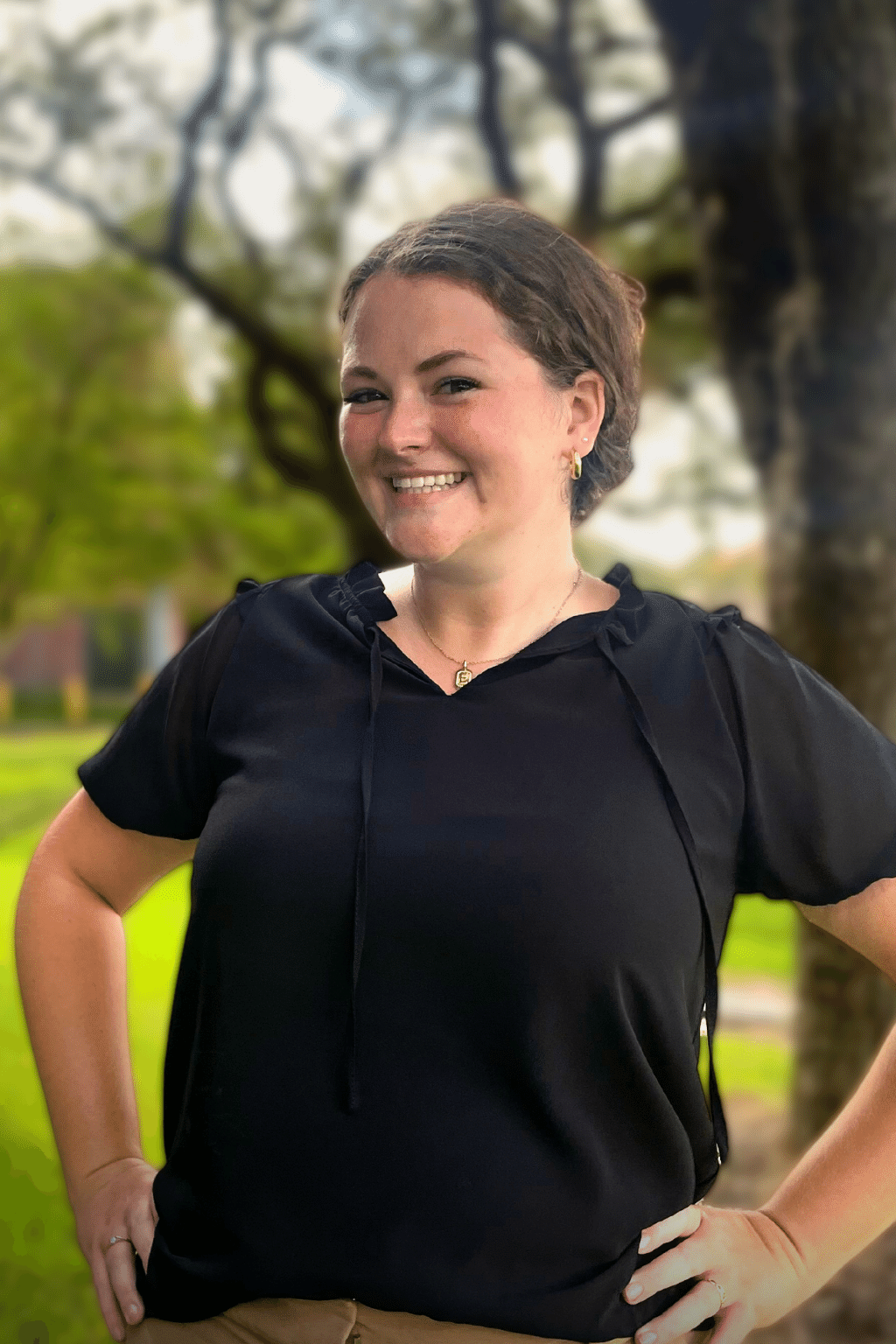
In solidarity and hope,
Elyse Lewandowski
Data Coordinator
Group Organized to Fight Human Trafficking in Calcasieu
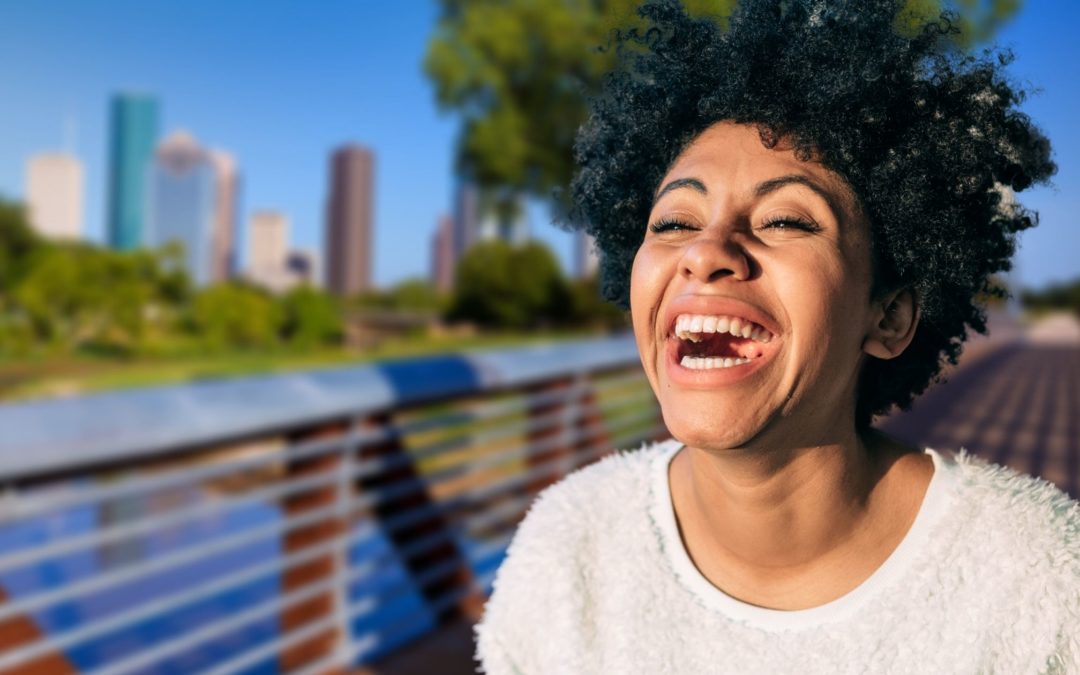
Introducing The Pathway, A Revolutionary Way For Survivors To Break Free
COVID caused the worst-case-scenario for getting survivors the care they need.
Although we pivoted prevention and education efforts online, COVID launched very real and devastating roadblocks within the counter-trafficking network. We refuse to ignore the complex realities that COVID is imposing on our mission.
But we have a solution: The Pathway – a referral system to connect trafficking survivors to service providers.

COVID Intensified The Issue of Human Trafficking
COVID increased vulnerability within the community. A downward economic turn and isolation are what traffickers count on to exploit. Economic devastation hurled the unemployed into desperation. Social distancing sunk survivors into isolation and depression. Staying at home forced many children living with their abuser into constant danger.
COVID decreased access to life-saving care. Shelters and safe homes locked down for the health of staff, volunteers, and clients, leaving survivors without a safe place to escape. Courts closed, leaving survivors without T-Visas and U-Visas for legal status as trafficking survivors. Hospital resources are focused on COVID-related testing and treatment, pushing survivors with other health problems by the wayside. Reduced operations and program capacities paused referrals between organizations.
We watched survivors slip through the cracks of a system meant to empower them.
Though this is reality, it is not the end.

Houston Lacks Infrastructure To Help Survivors Efficiently
Our goal is for trafficking survivors to build a vibrant life. As Houstonians, we are known for our generous hearts and quick action to serve. Exploitation is systemic. We need to go beyond providing individual services. We need a clear path to freedom for survivors.
Many of our partners specialize on one issue – homelessness, substance use, therapy, legal aid. Each holds necessary and life-saving programs in our city. But trafficking survivors often need care from all the specialists.
Right now, Houston lacks the infrastructure to connect these separate care centers, causing a series of unnecessary roadblocks – countless hours of phone tag between agencies, inaccurate data collection, and worst of all survivors being referred to inappropriate programs and being denied services.
Amid COVID, agencies have altered capacity and program availability. We can’t keep up. COVID has highlighted just how critical a virtual, instantaneous referral program is.

Houston, We Have A Solution
Our solution is The Pathway – a referral system that joins together the services available in Houston. By enhancing efficiency, accountability, and survivor experience, a path to freedom is possible.
Efficiency
The Pathway accelerates the referral process between agencies because a program’s capacity and in-take requirements are input into the database from the start. No more weeks of phone tag only to be denied into a program. Survivors will be connected to the right program immediately.
Accountability
The Pathway provides accountability to partnering organizations by gathering objective data. It will record how quickly organizations respond to referrals, if and where survivors are dropping out, and where a program needs to be added.
Survivor Experience
Increased efficiency and accountability mean that survivors won’t wait as long to receive the best, most relevant care. Survivors can avoid re-living their trauma by explaining their story to every organization they encounter because they shared it once in the database. Instead, they will already be known and understood before beginning a program.
A Sneak Peek At The Piloting Agencies




Redeemed Ministries
Long-term housing and restoration services to adult female survivors of sex trafficking.
By employing a trauma-informed holistic healing program, Redeemed Ministries empowers survivors to regain their identity and develop skills and plans to live a safe, independent life.
Tahirih Justice Center
Legal services for women and children who are survivors of sex and/or labor trafficking.
Tahirih Justice Center elevates the voices of women and girls to create a world of equality, safety, and dignity. Through their work in Greater Houston and Nationally, they supply legal services and provide opportunities for policy advocacy in securing improved victim-centered legislation, helping women and children obtain what is needed for their restoration.
Catholic Charities
Basic needs, short-term housing, T-Visa/U-Visa certification for men, women, and children who are survivors of sex or labor trafficking.
With 75 years of experience working in the Greater Houston Area, Catholic Charities provides expertise in basic needs provision, shelter, and T-Visa/U-Visa certification. Catholic Charities ensures families and individuals in all walks of life and from any place receive the best possible services.
United Against Human Trafficking
Case management for men and women who are survivors of sex and/or labor trafficking.
A survivor’s escape is only the beginning of a long and painful journey to a new life. United Against Human Trafficking provides a trained Case Manager to guide a survivor from their initial escape until they’ve rebuilt their lives.
This is a huge moment in the fight to end human trafficking.
Years of challenges, disappointments, and frustrations are culminating at this moment.
The Pathway is emerging as a critical solution, one that will change the landscape of trafficking in Houston, for the better.
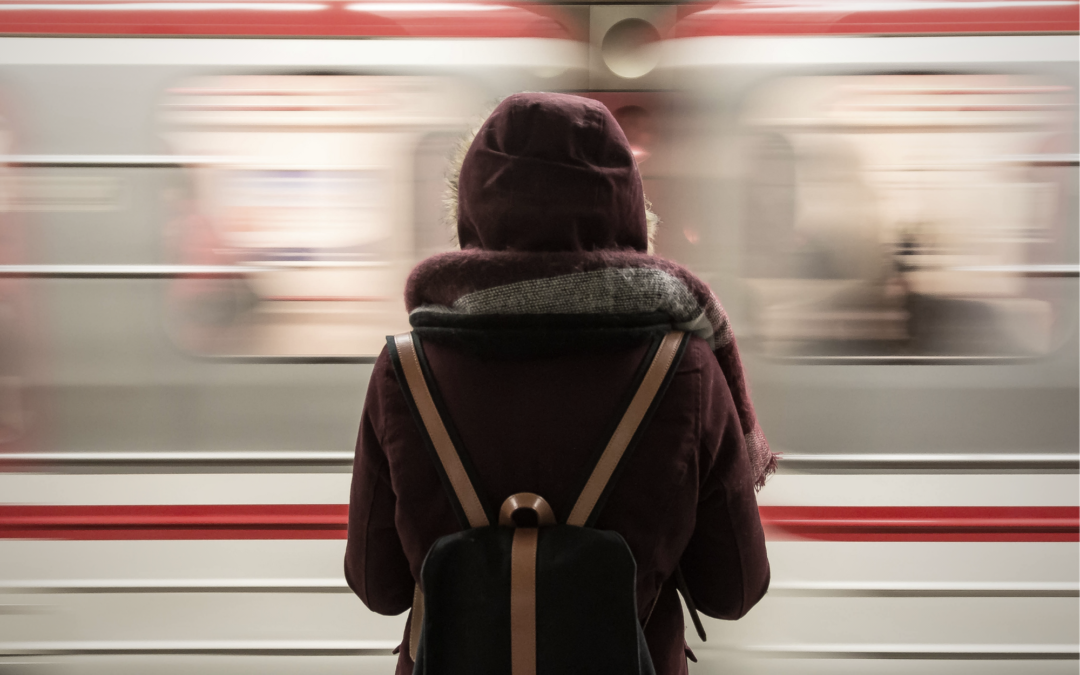
Is Human Trafficking the Worst It’s Ever Been?
The human trafficking hotline has received more reports of human trafficking than ever before.
In its first year, the hotline received just over 3,000 reports of human trafficking in the U.S. The hotline became inundated with calls as years passed, reaching 10,949 reports in 2018.
It’s heartbreaking to know so many calls are flooding in with reports of human trafficking. The lives of those exploited are ravaged by this human rights violation. Our clients report going without food and living in homes without walls, forced into harsh labor environments and sexual compliance. Human trafficking unfolds in our hometown and those enduring this horrific reality demand our empathy and action.
As reports of unthinkable abuse climb, many people fearfully conclude that traffickers are winning – that human trafficking is the worst it has ever been. Truthfully, they might be right. We instinctively feel overwhelmed and powerless. But these numbers have an upside: you are exposing this hidden crime.
The first conclusion:
Human trafficking is the worst it’s ever been
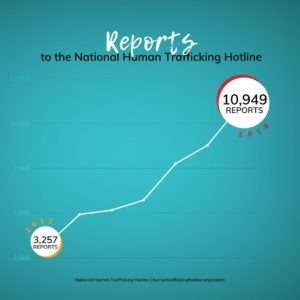
It’s true – there have been more reports to the hotline than ever before, with Texas reporting the second most cases each year.
Just like you, we see articles on human trafficking flood websites – some stories are so close to home. We see girls who picked up cameras and shared their near kidnapping experiences on social media, warning against traffickers.
It’s tempting to assume that more reports mean that trafficking is happening more than ever. It’s easy to slip into fear, constantly looking over your shoulder.
But we believe that these reports indicate an increase in community awareness and action. And now, we have the resources and networks to support the survivors that we do find.
The second conclusion:
Human trafficking is being fought harder than ever before






